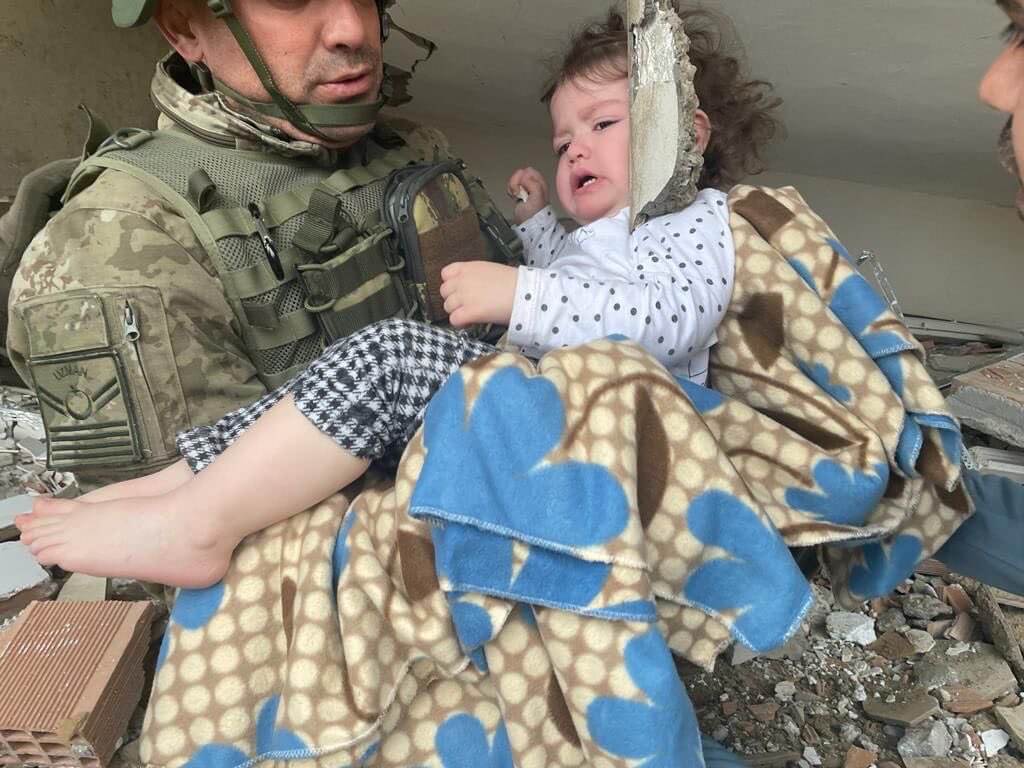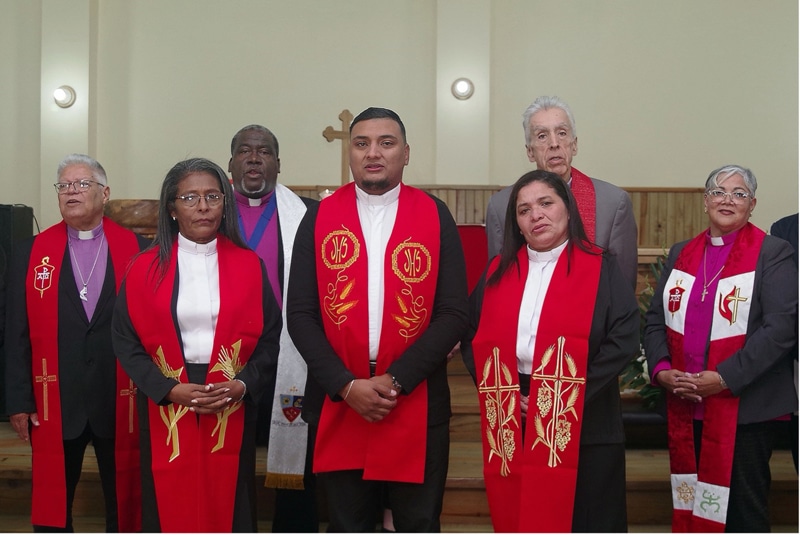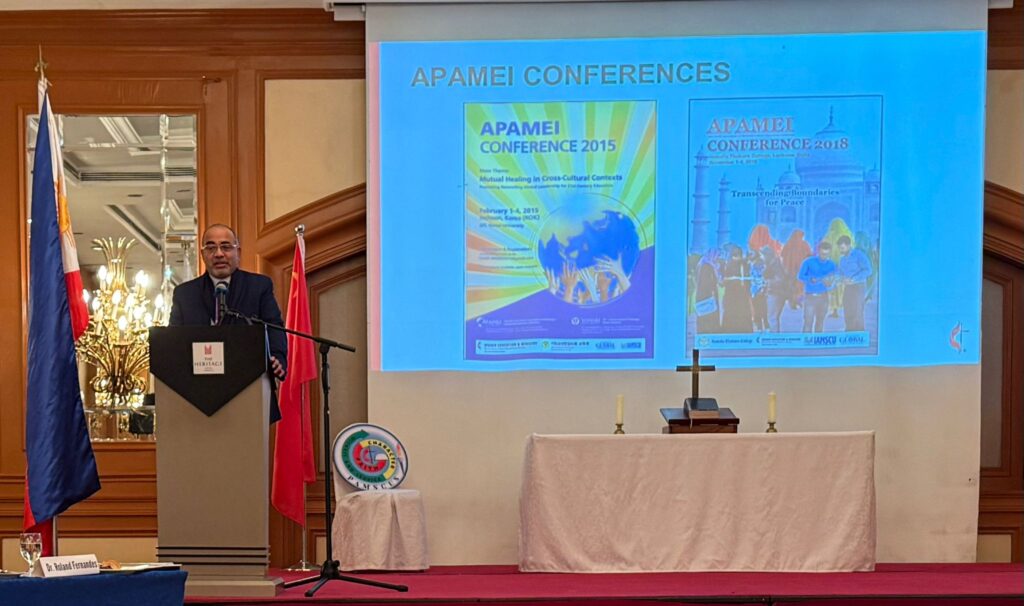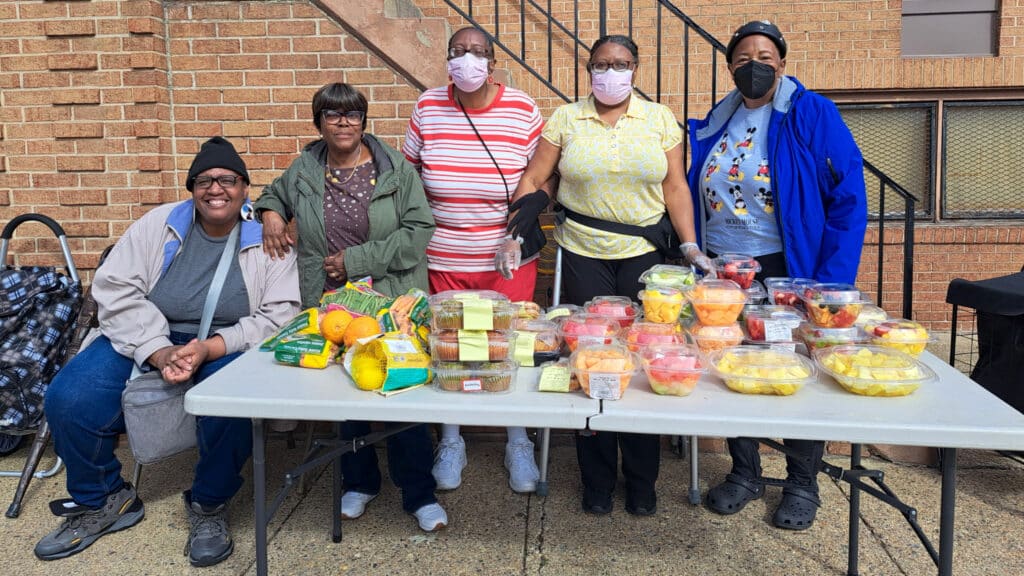ATLANTA — A 7.8 magnitude earthquake struck southern Turkey at 4:17 a.m. on Monday, Feb. 6, 2023, the most powerful earthquake recorded since 1939. In the hours that followed, at least 78 aftershocks were reported, followed by a second earthquake of 7.5 magnitude.
The earthquake and aftershocks also impacted northwest Syria, where 4.1 million people depend on humanitarian assistance. Syrian communities, many of them women and children, are simultaneously facing an ongoing cholera outbreak and extreme winter weather, including heavy rain and snow.
Thousands have been killed in both countries, and deaths continue to rise as rescue crews seek survivors in collapsed buildings. The humanitarian response is struggling to ramp up to meet the need among the devastation and winter weather.
UMCOR’s longstanding humanitarian partner, International Blue Crescent (IBC), has multiple offices and project sites in Turkey. In IBC offices, people fill the halls as they seek shelter, warmth, and a hot meal. With the devastating damage to roads, transport and infrastructure, IBC has received hundreds of families in its Kilis Community Center for shelter, warm items, and hot meals since the first hours Monday morning. Kilis is serving as a major hub for coordination and relief efforts, including for cross-border response into Syria.
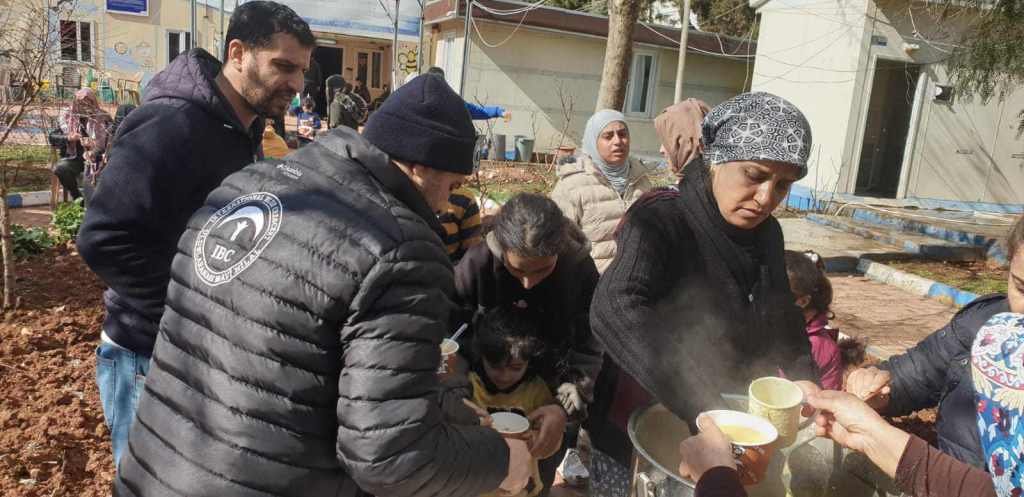
UMCOR has released initial solidarity grants to IBC and Forum for Development Culture and Dialogue (working in Syria) to help provide tents, heaters, blankets, warm clothes, ready to eat meals and first aid kits to those who have been displaced. UMCOR staff members are also in touch with other partners in the region. Additional updates will be provided as more information becomes available.
Please join UMCOR in prayer for the many people affected by these devastating earthquakes, including the rescue crews seeking survivors and those caring for the injured and displaced.
Support relief and recovery efforts for this and other international disasters by donating to Advance # 982450 here.
Susan Clark is the chief communications officer for Global Ministries and UMCOR.
About UMCOR and the General Board of Global Ministries of The United Methodist Church
Founded in 1940, the United Methodist Committee on Relief is the global humanitarian relief agency of The United Methodist Church. A part of Global Ministries, UMCOR works in more than 80 countries worldwide, including the United States and its territories. The agency’s mission, grounded in the teachings of Jesus, is to alleviate human suffering with open hearts and minds to all people. Working in the areas of disaster response and recovery, sustainable development and migration, UMCOR responds to natural or civil disasters that are interruptions of such magnitude that they overwhelm a community’s ability to recover on its own. Learn more about UMCOR by visiting www.umcor.org or by following www.facebook.com/umcor.
Media Contact:
Susan Clark
Chief Communications Officer
800-862-4246
media@umcmission.org
